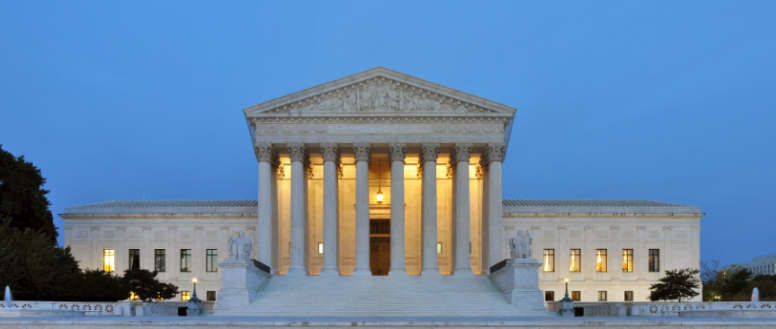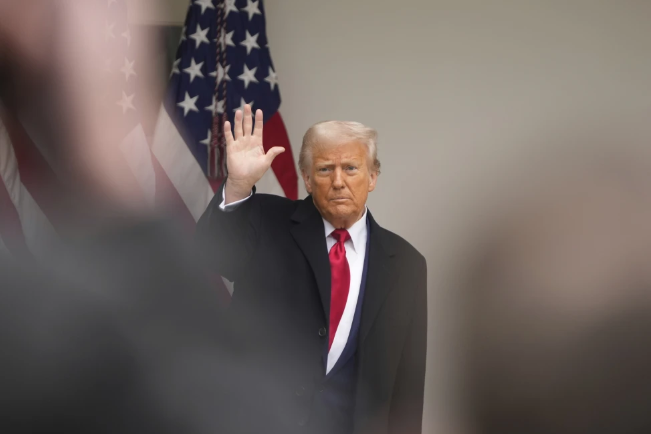In 2024 the Supreme Court will make decisions on polarizing topics such as gun control, an abortion pill, the January 6th attack, Trump, and discrimination.
Abortion pill
The latest abortion case post Roe v. Wade, FDA v. Alliance for Hippocratic Medicine will focus on the distribution of America’s first abortion pill. The pill in question is Mifepristone, which was approved in 2000. The Alliance of Hippocratic Medicine claims that when approving this medicine, the FDA exceeded its power. The Alliance of Hippocratic Medicine comprises five-anti abortion groups which claim to include medical professionals. They argue that Mifepristone harms doctors because the drug’s side effects could cause a patient to require emergency care. This would prevent doctors from spending time and resources on other patients. The Alliance wants to limit access to Mifepristone but not ban or remove it. Danco laboratories, who manufacture the drug, states that since these doctors don’t actively prescribe this medicine, they can’t be hurt by the 2000 decision.
Donald Trump
United States v. Donald J. Trump is a case about the 2020 election fraud allegedly committed by former president Donald Trump. The Supreme Court will decide if Trump should be given presidential immunity, which is legal immunity given to former or current presidents under certain circumstances. Jack Smith, the federal prosecutor and special counsel for the U.S. government, wants to speed up the case and go directly to the Supreme Court. This was rejected, as the Supreme Court wanted the U.S. Court of Appeals’ opinion first.
Bump stock and gun control
In Cargill v. Garland, the Supreme Court will rule if bump stocks should be banned. Bump stocks are attachments that allow semi-automatic rifles to shoot a large number of bullets with one trigger. Bump stocks were made illegal and classified as machine guns after they were used in the 2017 Las Vegas shooting. The owner of Central Texas Gun Works, Mr. Cargill, who has previously owned bump stocks, argues that the Bureau of Alcohol, Tobacco, Firearms and Explosives (ATF) does not have the authority to ban them.
January 6th
Fischer v. United States focuses on the January 6th capital insurrection. The defendant is Joseph Fischer, a former representative of Kentucky, who is currently being investigated as someone involved in the riot. The prosecution is using a law (passed in 2002) after the energy company Enron’s collapse, which sent executives to jail for fraud. Under this law, the defendant could face jail time. This case may influence the upcoming United States v. Donald J. Trump case.
Discrimination in internal office transfers
Muldrow v. City of Saint Louis was a case heard by the Supreme Court on January 6th of 2023. Jatonya Muldrow, a police sergeant, was transferred from the St. Louis Police Department’s Intelligence Unit. She claimed that this transfer was a form of discrimination due to her sex, with Muldrow’s former title being an FBI agent. While there was not a dip in pay, she claims to have lost many privileges associated with her former title. The Supreme Court will rule whether or not this transfer will be in violation of the Civil Rights Act Title VII. Previously, Muldrow struggled to prove that she had been harmed by this transfer.
Throughout the year, the Supreme Court will rule on these five controversial cases. All of these upcoming decisions may have long lasting impacts in America.



















